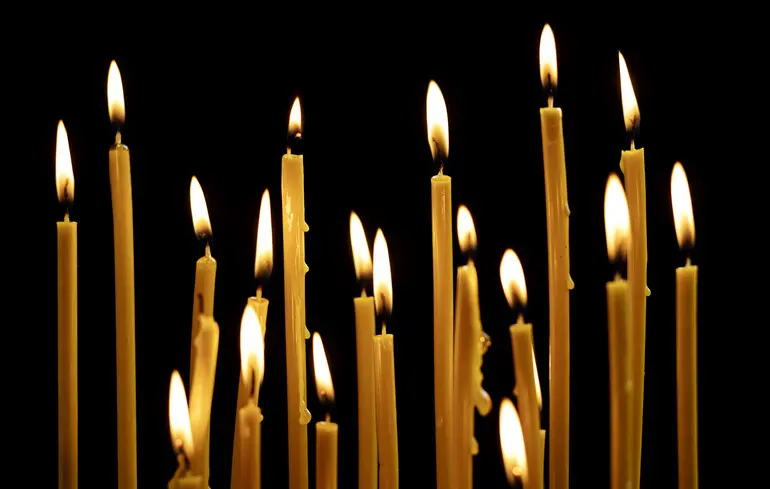The Feast of Apostle John the Theologian: its significance, history, and customs on the day of remembrance

On September 26th, Ukraine observes one of the most revered Christian celebrations — the Day of Apostle John the Theologian.
This day is dedicated to honoring one of the most significant disciples of Christ, the author of the Gospel of John, the Book of Revelation, and three epistles included in the New Testament.
John the Theologian is not just a figure in religious history but also a symbol of faithfulness, spiritual depth, and unconditional love for God and humanity.
According to traditional stories, John was the beloved disciple of the Savior, entrusted with caring for the Virgin Mary.
After Jesus’ death, he served her faithfully for nearly two thousand years, producing spiritual writings that inspire millions worldwide.
He was bestowed with prophetic gifts, allowing him to reach people’s hearts through his works.
In the early church, due to his faith and preaching, he became a target of persecution by pagan forces and Roman emperors, notably Emperor Domitian, who ordered his arrest and subjected him to torture.
Despite these trials, John remained unharmed—poison and boiling oil could not harm him.
It is believed he was granted immortality and was exiled to the island of Patmos, where he continued writing his divine works.
Even in exile, away from human comfort, he persisted in his ministry: authoring the Gospel, epistles, and the Book of Revelation—the final book of the New Testament.
Legends tell that each year, a fine dust emanates from his grave, believed to have healing properties and capable of curing various ailments for those who believe.
Historically, the Day of Apostle John the Theologian was marked by strict prohibitions: alcohol was forbidden, heavy physical work, gossiping, sewing, or embroidery were prohibited.
It was considered a sin to engage in divination or fortune-telling on this day, as it was believed to disturb spiritual purity.
Swearing, conflict, wishing harm, or disrespecting others were also condemned.
This day serves not only as a time to honor the saint but also as an occasion for spiritual cleansing, reflection, and prayer.
The ancient customs emphasized avoiding negativity and superstitions so that believers could celebrate properly and maintain their spiritual integrity.

